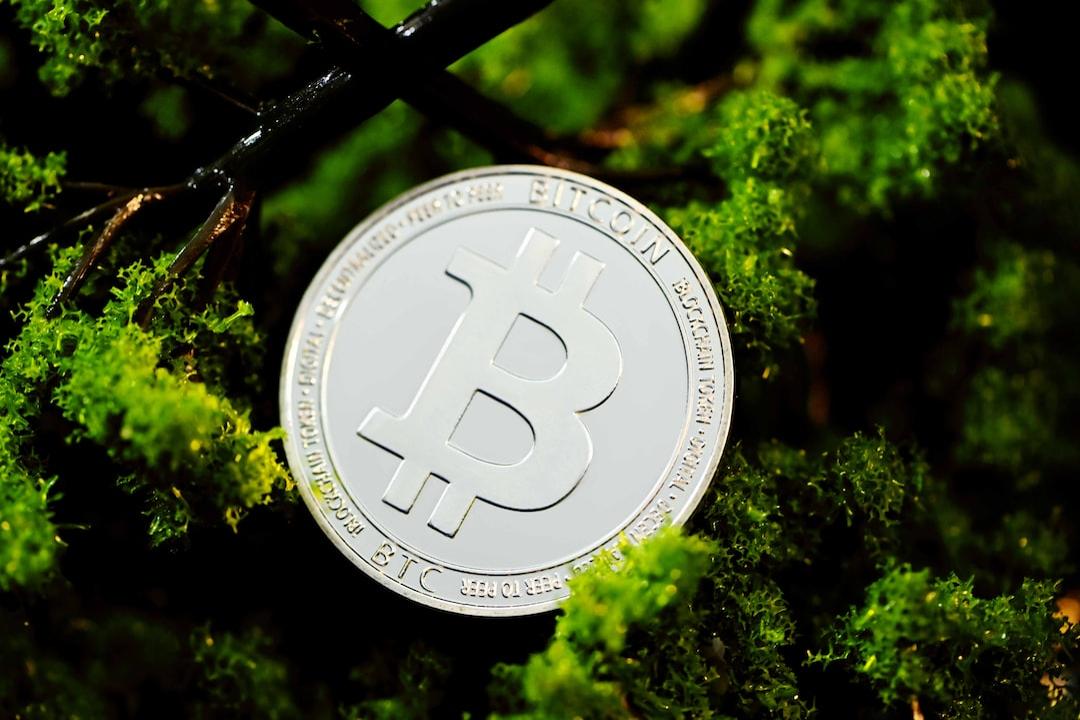Coin World News Report:
Source: Dao Shuo Blockchain
1. How do you view DAO?
DAO is a field that I was very optimistic about in the early days, around 2018 and 2019.
At that time, I was much more optimistic about DAO than DeFi. The reason was mentioned in my articles multiple times:
Because the operation of DAO can theoretically be fully conducted on-chain, it can completely avoid the interference and influence from the centralized world on the chain. However, DeFi is different. Most DeFi applications cannot do without oracles and rely on oracles to obtain information from the off-chain world to feedback on-chain, which opens the door for the off-chain world to interfere with the on-chain world.
In my ideal DAO, it is a system composed of smart contracts that has sufficient autonomy to advance and maintain projects through on-chain operations.
However, after so many years of practice, we have basically not seen such a DAO exist, or even if it exists (such as Aragon), not many people are using it.
We have hardly seen a DAO play a significant role in any project. Most DAOs simply use tokens for voting, and even the significance of this voting is very limited because the majority of decision-making power still lies in the hands of the project party or important initial investors (especially some top-tier venture capitalists).
So ideals are ideals, and reality is quite cruel.
However, I still believe that the DAO that is close to the ideal will definitely come in the future, but it is difficult to estimate when that day will come.
Furthermore, even if such a DAO appears in the future, I also believe that it will still have a strong core leadership and will not be a loose structure. This strong core will break through the limitations of the existing company’s management team based on geographical location, nationality, etc. It will be a core team that gathers enthusiasts and stakeholders from around the world.
It will be similar to the collaboration form on Github, but it will definitely be more efficient than Github because the incentive of token economics will play a huge role in the operation of the DAO. In addition, the undisturbed operation of smart contracts in DAO will demonstrate a more powerful, open, and transparent effect than Github.
2. How do you view ENS?
It seems that readers mention this project every once in a while, which indicates that it is indeed an old OG in the Ethereum ecosystem, otherwise people wouldn’t keep thinking about it. However, on the other hand, it may just show that this project is unremarkable and stagnant.
I even feel that other projects in its ecosystem (such as ens.vision) are more vibrant and energetic than it.
It gives me the feeling of being “unimpressive.”
Earlier this year, I saw this project making efforts to expand to the second layer of Ethereum. But several months have passed, and there hasn’t been much news or progress.
I sold its tokens a long time ago, and now I rarely actively pay attention to it. However, I still hold some domain names that I think are good.
3. How is the ORDI team?
To me, whether a project has a team means whether the project has a conscious and continuous development and maintenance of the same project.
ORDI is a token described in a sentence. Although it has a founder, after it goes live, the token is technically fixed and there won’t be any technical updates, nor is there a need for anyone to maintain it.
So, in my opinion, this coin cannot be said to have a team.
Although later its founder improved the existing protocol and invented new protocols, they were all for launching and issuing new tokens, essentially extending ORDI.
The relationship between ORDI and all those later tokens like inscriptions and runes is similar to the relationship between Bitcoin and those later cryptocurrencies.

